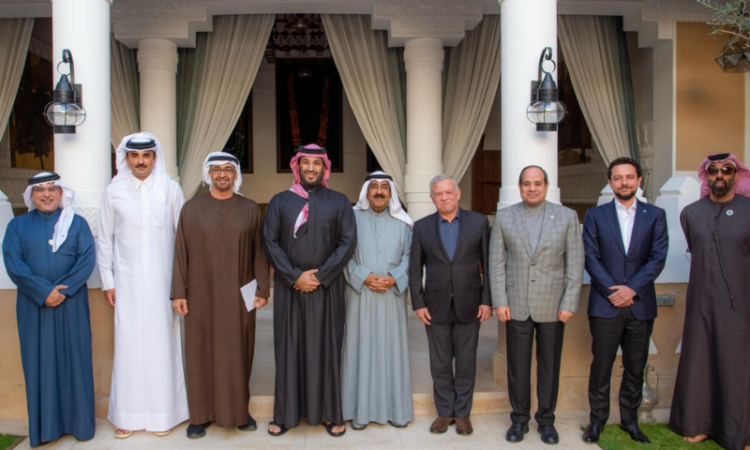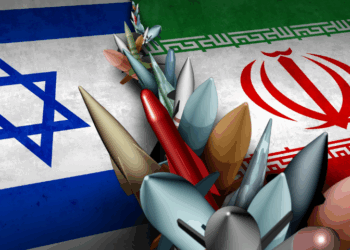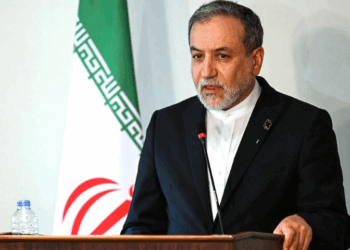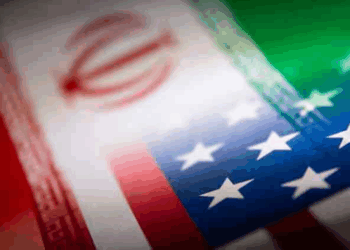Riyadh, February 22, 2025: Arab leaders gathered in Riyadh today to craft a unified response to U.S. President Donald Trump’s controversial proposal on the future of Gaza. The high-level meeting, hosted by Saudi Crown Prince Mohammed bin Salman, brought together leaders from Egypt, Jordan, Qatar, and the United Arab Emirates.
Trump’s plan, unveiled earlier this month, suggested a U.S. takeover of Gaza, the relocation of its Palestinian residents to neighboring countries, and the redevelopment of the territory into a luxury hub dubbed the “Riviera of the Middle East.” The proposal has sparked widespread criticism across the Arab world, with leaders warning that forcibly displacing over two million Palestinians would further destabilize the region.
In response, the Riyadh summit focused on formulating an alternative approach centered on Gaza’s reconstruction while ensuring that its residents remain on their land. Egypt presented a detailed three-phase recovery plan, emphasizing rebuilding infrastructure and restoring normalcy without forced displacement. The estimated $53 billion project is expected to be primarily funded by Gulf nations.
Discussions also touched on governance during the reconstruction process, with a broad consensus emerging to exclude Hamas from administrative roles and restore governance to the Palestinian Authority. A follow-up summit in Cairo next month will further refine this collective strategy.
Trump defends proposal, says he won’t force it
Amid rising opposition, President Trump recently defended his plan but stated that he would not impose it by force. “I’ll tell you, the way to do it is my plan. I think that’s the plan that really works. But I’m not forcing it. I’m just going to sit back and recommend it,” he said in an interview.
The Riyadh meeting reaffirmed the Arab world’s commitment to Palestinian sovereignty and regional stability. As tensions over Gaza’s future continue, the international community closely watches the evolving diplomatic efforts between the U.S. and Arab states.
A clearer consensus is expected to emerge at next month’s Cairo summit, as regional leaders work to counter Trump’s proposal with a strategy prioritizing Palestinian self-determination and long-term stability.








